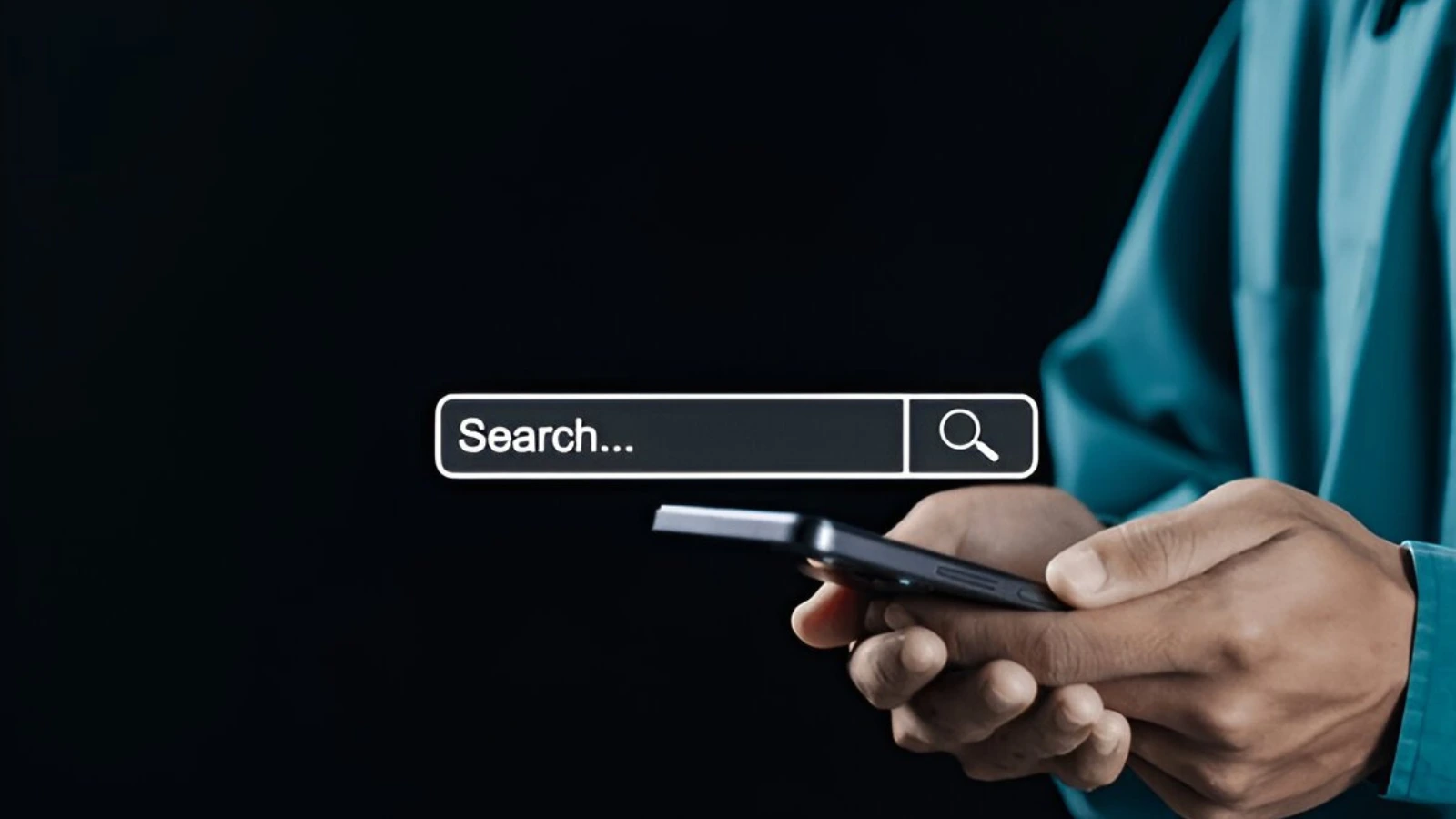Let’s be honest, people today don’t just want ads; they want relevant ads. The days of blasting the same campaign to everyone are gone. Enter location-based short links, the secret weapon for making your marketing campaigns more personal, clickable, and impactful.
What Makes Short Links So Powerful?
Think about it: a long, messy URL looks untrustworthy and discourages clicks. Short links fix that problem by being clean, memorable, and easy to share. But when you add location targeting to short Urls, they suddenly turn into a tool that connects brands with the right audience in the right place.
For example, imagine you’re running a restaurant chain across multiple cities. Instead of sending everyone to the same generic website, you use short Urls that detect location and guide each user to their nearest branch’s page or offer. That’s personalization done right.
Win customer attention with smarter, location-powered short links.
Why Location-Based Short Links Win in Personalized Campaigns
Personalization at Scale
Modern consumers expect ads to feel tailored, not generic. This is where short Urls make a huge difference. By using location-based short URls, marketers can create one campaign but deliver different experiences depending on where the user is. For instance, someone in Mumbai might be redirected to a page showcasing offers available at nearby outlets, while a user in Delhi gets guided to local deals. This level of personalization makes customers feel valued, creating stronger connections without requiring multiple, complex campaigns.
Higher Engagement Rates
One of the biggest challenges marketers face is engagement. A generic landing page often causes users to bounce quickly because it doesn’t feel relevant. With location-based short Urls, every click leads to a more meaningful experience. For example, a user clicking a short link in Hyderabad may land on a festive offer tailored for their city, increasing their chances of staying longer and even completing a purchase. The direct result is higher engagement rates, more clicks, longer session times, and better conversions.
Learn More: Branded Links vs. Generic Links: Which Builds More Trust (and Clicks)?
Smarter Analytics
Short links don’t just shorten URLs; they turn into powerful data tools. When equipped with location-based targeting, these links track where the clicks are coming from. Marketers can see which regions drive the most traffic, which cities convert better, and even identify untapped markets. This level of insight allows businesses to adjust campaigns dynamically, for example, investing more in regions with high engagement or tailoring messages differently for underperforming areas. In short, smarter analytics mean smarter decisions.
Omnichannel Flexibility
Campaigns today don’t live on just one platform. You might be running promotions on SMS, social media, emails, or even offline with QR codes. The beauty of short Urls is their adaptability across all these channels. They are concise, trackable, and user-friendly, making them perfect for every medium. For instance, an SMS campaign with limited character space can use branded short Urls to share clean, clickable URLs, while the same link can be reused in a social media ad without looking cluttered. Plus, no matter the channel, marketers still get unified analytics on performance.
Real-World Example of Short Links in Action
Picture this: a retail clothing brand launches a festive campaign. Instead of one generic link, they use location-based short links:
- Users in Bengaluru see a landing page with in-store offers at local malls.
- Users in Chennai see promotions for their nearest outlets.
- Online shoppers get redirected to the e-commerce store with region-specific shipping discounts.
Same campaign, but each person feels like it was made just for them. That’s the magic.
How to Use Location-Based Short Links the Right Way
If you’re ready to experiment with Short Urls, here are some quick tips:
- Always brand your short links (e.g., msfy.in/delhi-offer). Branded short links build trust and improve click rates.
- Test different regions. Compare engagement in metros vs. smaller cities.
- Track and learn. Use the analytics from short URLs to double down on locations that perform best.
- Keep it relevant. A short link should never be random; it must point to an experience that feels personal.
Hyper-personalized marketing world, short links are more than just a way to clean up URLs, they’re a bridge between your campaign and your customer’s unique journey. By using location-based short links, you’re not just sending traffic to a page; you’re sending the right people to the right page.
FAQs on Short Links
Q1: Are short links safe to use?
Yes, especially if they are branded. Branded short links build trust and reduce the fear of phishing.
Q2: Can I use one short link across multiple platforms?
Absolutely. The same short link can adapt to SMS, social media, or even QR codes, making it super versatile.
Q3: How do location-based short links know where to redirect?
They use smart geo-targeting. When someone clicks, the link detects their location and routes them to the right landing page.
Q4: Do short links improve SEO?
Not directly, but they boost engagement rates, which indirectly helps your campaigns perform better in search and social platforms.
Q5: Are short links only for big brands?
Not at all! Even small businesses can benefit from using short links to make campaigns more personal and trackable.
Want cleaner, trackable, and personalized links? Get started at Munshify.com.



